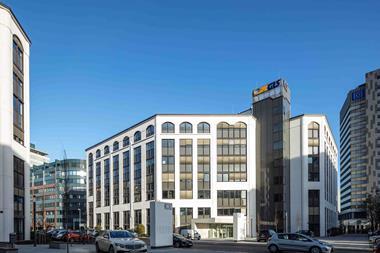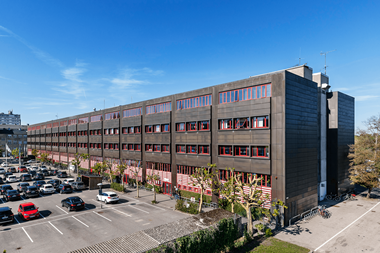Distressed debt in Germany’s real estate sector is on the rise, according to research by Corestate Capital and Wiesbaden’s University of Business and Law.
Distressed real estate loans will see a “modest year-on-year increase” according to the university’s real estate management institute.
Thomas Landschreiber, Corestate CIO, said the increase was not due to an increase in new, distressed loans, but more likely from postponed existing transactions.
“Last year, experts no longer diagnosed a need to sell – true to the maxim ‘extend and pretend’,” Landschreiber said. “Now, the wind has shifted again, and we are expecting the number of distressed transactions to slightly go up again.”
The survey of 31 senior German banking executives also found that a prevailing need for yield has caused gearing ratios (LTVs) to rise, with repayments increasingly enforced. Loan length is, the survey found, getting shorter.
Landschreiber said the commercial real estate financing sector “continues to shift and has still not settled down”. New business, he added, had increased the speed at which the market is evolving.
Despite margin pressure, uncertainties over the level of interest rates, Germany’s economic situation and ongoing crises in the Middle East and Ukraine – banks are raising LTV thresholds, the university found.
Germany has, according to independent observers, seen margins compress as a result of increased competition between lenders – at a time of low interest rates. One observer told IP Real Estate that margins had compressed to ‘double-digit’ levels in some cases.
CBRE, meanwhile, says Germany has noticed that borrowers have “pinned their hopes for easier debt funding on the arrival of new, so-called, alternative lenders: insurance companies and debt funds”.





![CBRE Investment Management [Real Estate - Europe]](https://d15duu1h3gsd2d.cloudfront.net/Pictures/100x67fitpad[255]-90/P/Pictures/web/t/j/u/cbreimlogohorizoutlcleanedup01green_654324.jpg)









